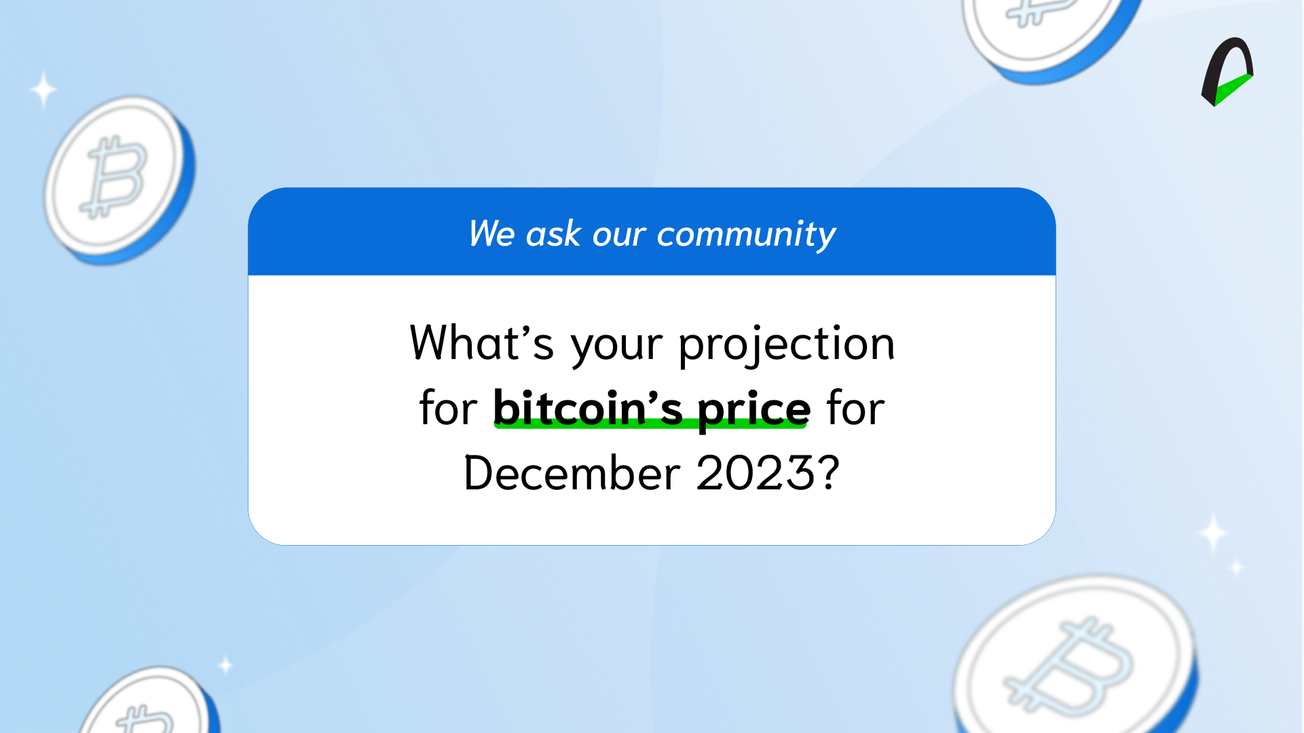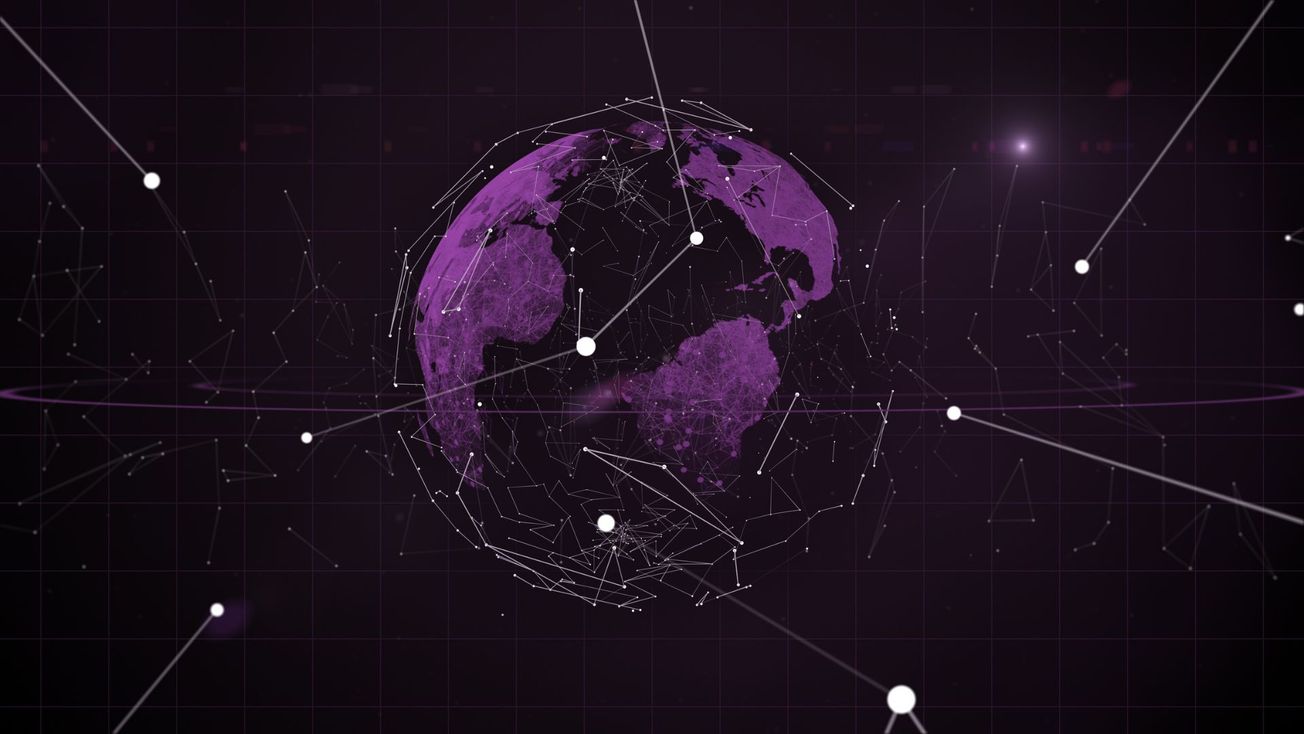The NFTs were responsible for the crypto rally of 2021. According to the Arch Indices, the Arch Metaverse Index reached more than 15 points in 2021, multiplying its value by 15.
However, it was also the sector that fell the most in the last year, reaching 1.83 points at the end of December 2022. After all, the news we saw about them had a lot to do with digital art selling millions of dollars, like the case of a CryptoPunk - an image of a pixelated avatar - which was sold last year for more than $23 million.
This is when you probably think of some of these things:
For many, NFTs are complex assets to understand and are surrounded by a "hype" that is almost suspicious.
- Who in their right mind buys an image that can be saved with a right click
- There is no possible way that NFTs can catch on.
- Why are they considered disruptive if they are "just" web images?
Or you may ask yourself a combination of all three.
And while we could spend a lot of time explaining what benefits digital art brings to artists and content creators worldwide, today I'm going to tell you how NFTs have the potential for millions of use cases in the future.
Let's start at the beginning:
NFTs are digital pieces that live on the blockchain and contain data that conveys ownership of something.
Currently that digital piece is an image of a CryptoPunks or similar whose owner is registered in the blockchain. Shortly, it could be a song, the property of a house, or a concert ticket.
Let's see some of the cases
Real estate
Here the use cases are infinite but I am going to go with two.
On the one hand, imagine that instead of going to a notary, standing in line, and signing the property, you could transfer a house in a couple of clicks, and everything would be recorded in a transparent and immutable record.
That sales contract, for example, could be an NFT, leaving notaries as a thing of the past.
Or, let's look at another example. Imagine that you see a suitable investment property but don't have enough capital to buy it alone. You bring in three more partners, and "split" or "tokenize" the property. In this way, and through NFTs, each one of you could prove your piece of ownership—a different use for the same functionality.
Loyalty programs
This is something that big brands like Starbucks are already testing. The stars you collect when you drink your coffee could be NFTs instead of living on a card you must carry everywhere.
The ownership of your prizes is registered. It's more practical for the user, and easier to keep track of it for the company.
Entertainment
A couple of years ago we could collect vinyl records, musicians had limited collections, and the assets had value in secondary markets.
With the arrival of solutions like Apple Music and Spotify, this musical property disappeared.
But with NFTs, it can come back. A record label could put up 100,000 singles for sale by an artist, and each buyer could prove that they are a valid owner. The most interesting thing? You could then sell your property because you are really the owner of it.
How else could this be used? Tickets to concerts, sporting events, and movies could all live on blockchain networks. In this way, the problem of authenticating if it's real or not would completely disappear.
And this is not a minor problem. According to an Aventus survey, around 12% of ticket buyers are victims to fraud.
Video games
One of the industries investigating the most how they can incorporate NFTs into their projects is gaming.
With NFTs the assets that are bought and earned within the game become truly the player's property.
And what is beneficial about this? Players can capitalize on their assets and sell them to other players or keep them inside their wallets and use them in different ways.
One of the main benefits of NFTs is that companies can make property incorruptible through blockchain, and users can ensure that they are buying something authentic and have the real ownership.
In the future, NFTs could replace other digital channels as the primary way sellers and customers interact, and completely disrupt the way we engage with property.






